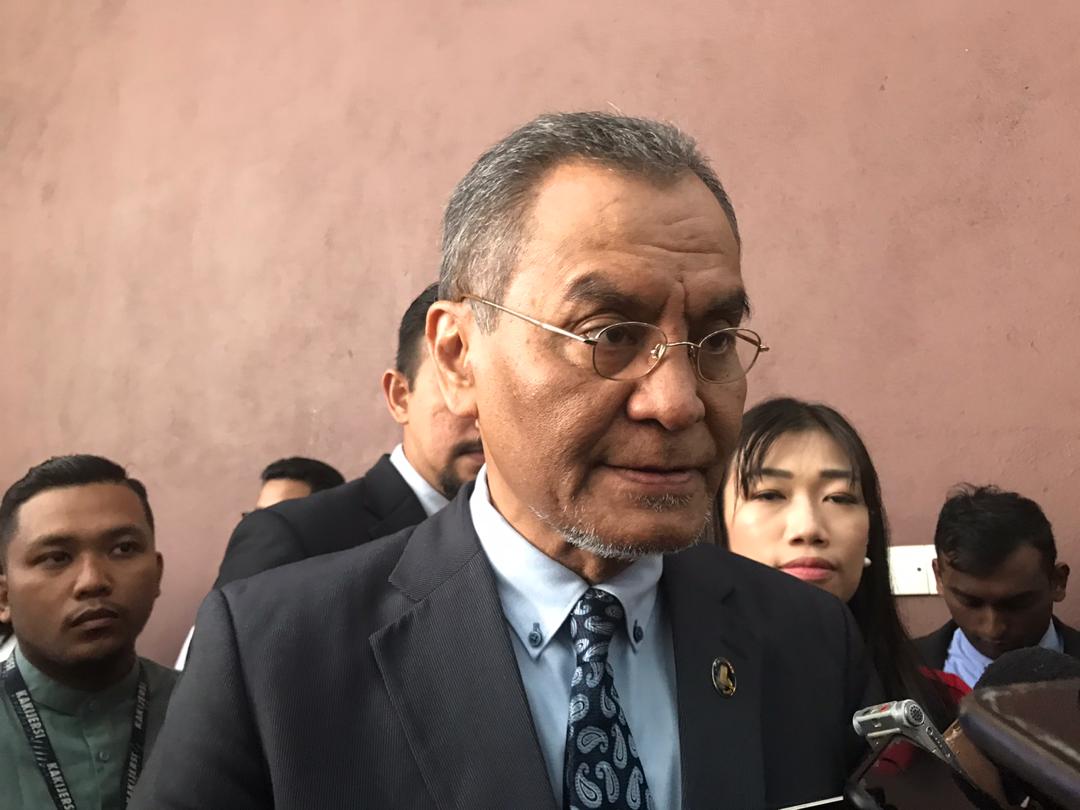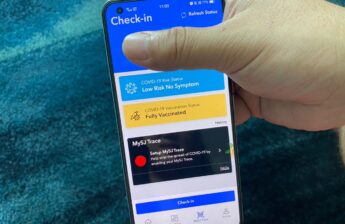KUALA LUMPUR, Jan 30 — Malaysia will form a new holistic and evidence-based drug policy within the next three years, as the government moves towards decriminalising personal narcotics use.
Health Minister Dzulkefly Ahmad said today that Pakatan Harapan (PH) intends to remove existing penalties against drug possession for personal use in the near future, which are present in various laws, by the end of its term in 2023.
“Of course, that will be the timeline,” Dzulkefly briefly told reporters today after opening the “Rethinking Drug Policy in Malaysia” forum at Universiti Malaya (UM) this morning.
This is despite the heavy backlash that his administration and his party will, for sure, face from Muslims who may disagree with the radical change in policy, the Amanah leader told the forum.
“Decriminalisation does not mean at all that we are about to legalise drugs but more importantly, it means the removal of criminal penalties for possessing and using a small quantity of drugs for personal use, as opposed to those who are involved in drug trafficking.
“Drug trafficking, nonetheless, will continue to remain a crime,” he clarified. “I have made myself very clear on this.”
The Dangerous Drug Act 1952 and Drug Dependant (Treatment and Rehabilitation) Act 1983 criminalise people for using drugs. Those who use drugs, have drugs in their possession for personal consumption, and who are sent to rehabilitation for treatment will have a criminal record, which can prevent them from getting employment.
The government announced last year that it will move to change this, though it did not specify exactly what legal amendments would be made. But a special committee has been convened to hasten legal amendments that would decriminalise drug addiction.
Dzulkefly said baby steps are being taken with regards to the policy change, and an “appropriate timeline” for when the decriminalisation move will finally take effect, will be announced soon, following stakeholder discussions.
Proper scientific and evidence-based discussions need to be carried out, he added, as the government has to be responsible in enacting such a “game-changer move”. Otherwise, the people would be confused and the move could be misinterpreted, he said.
“It’s nothing against religion,” he clarified. “(We) must take it as something so important in the interest of the rakyat, the nation, and religion. (It’s) not to legalize something made illegal by religion.”
Earlier in his speech, Dzulkefly said various myths and misconceptions about drugs and addiction are among the biggest hurdles for people who have drug use disorders to get treated.
“Our policy must be based on evidence, not on belief or personal perception,” Dzulkefly said.
“I urge all parties to put our people before politics, because the drug issue is beyond race, religion, and political parties. Instead, our community should be our priority.”
Dzulkefly Ahmad, Minister of Health
The issue of drug addiction should not be a political tool to gain political mileage, he added. “I’m not here to score any political brownie points,” he said.
Drug use and addiction is a result of complex biological, environmental, and social factors. Poverty, physical, sexual and emotional abuse are some factors why some people are more prone to addiction than others.
“Drug addiction, truly, is a chronic relapsing medical condition, and in simple terms, a disease,” he said.
“Should we criminalise a disease and incarcerate people who (have) drug use disorders, or should we offer them treatment?”
“I’m here to truly convey of the need to revisit this decades-old policy of criminalisation, notwithstanding the need to further strengthen the need to tackle drug trafficking and what have you not.”
Dzulkefly added that addiction is a social health issue and should be managed by the health professionals in the health sector, and not the criminal justice system only.








